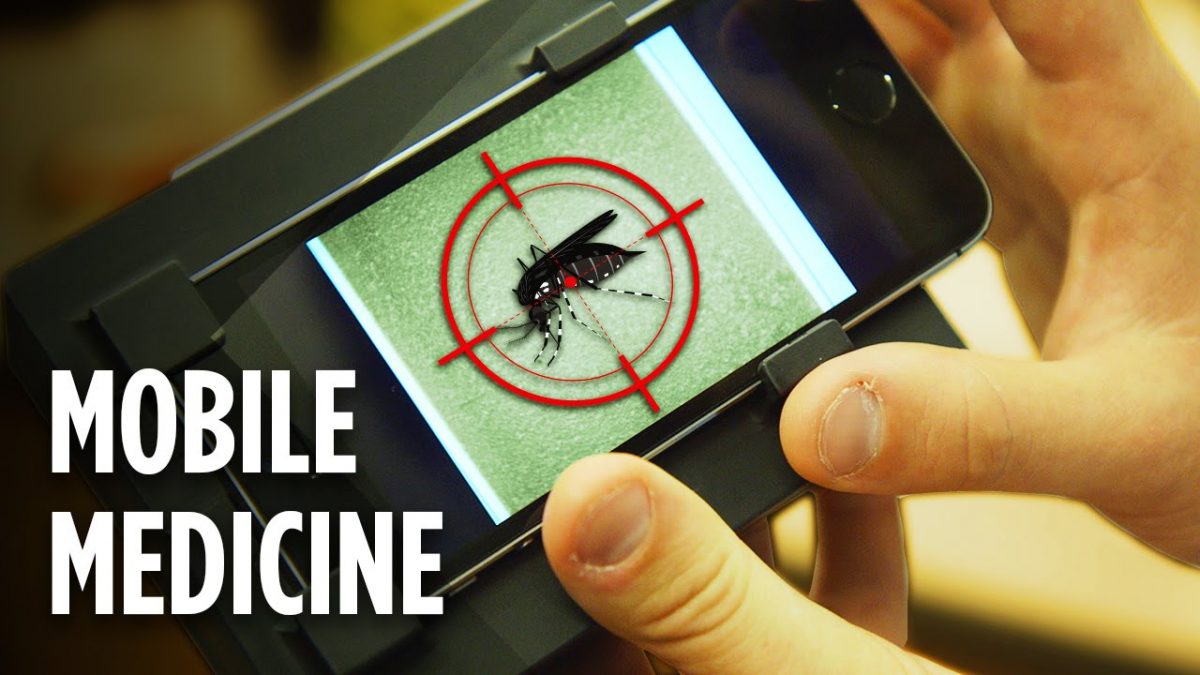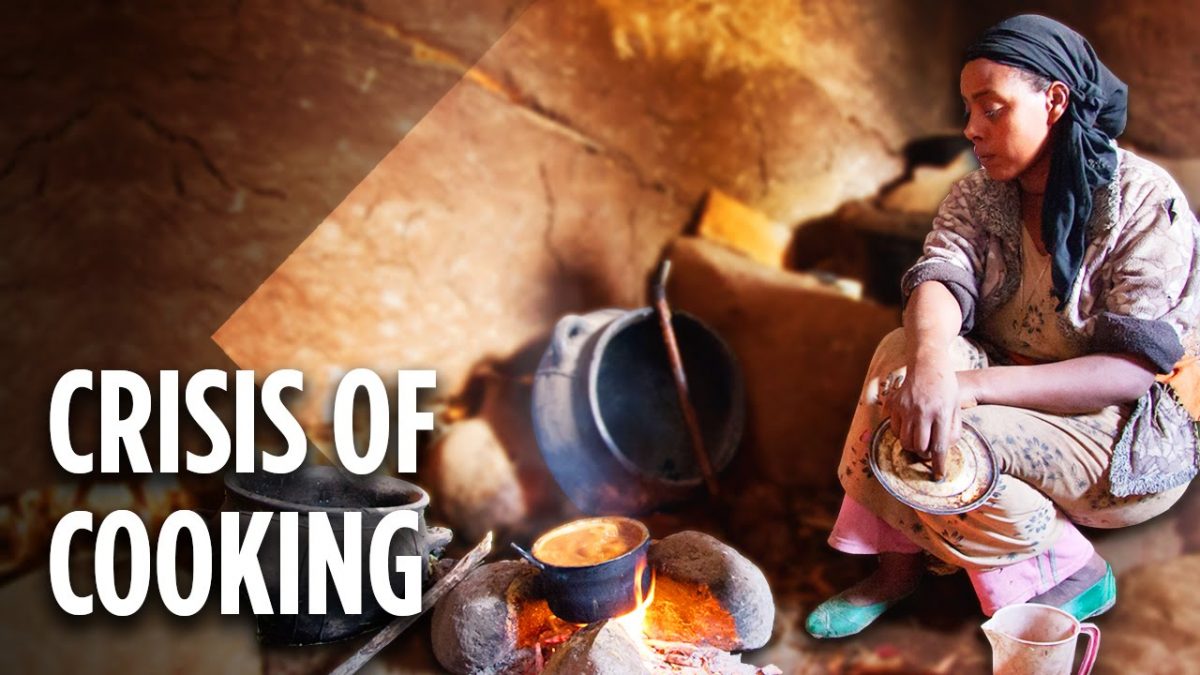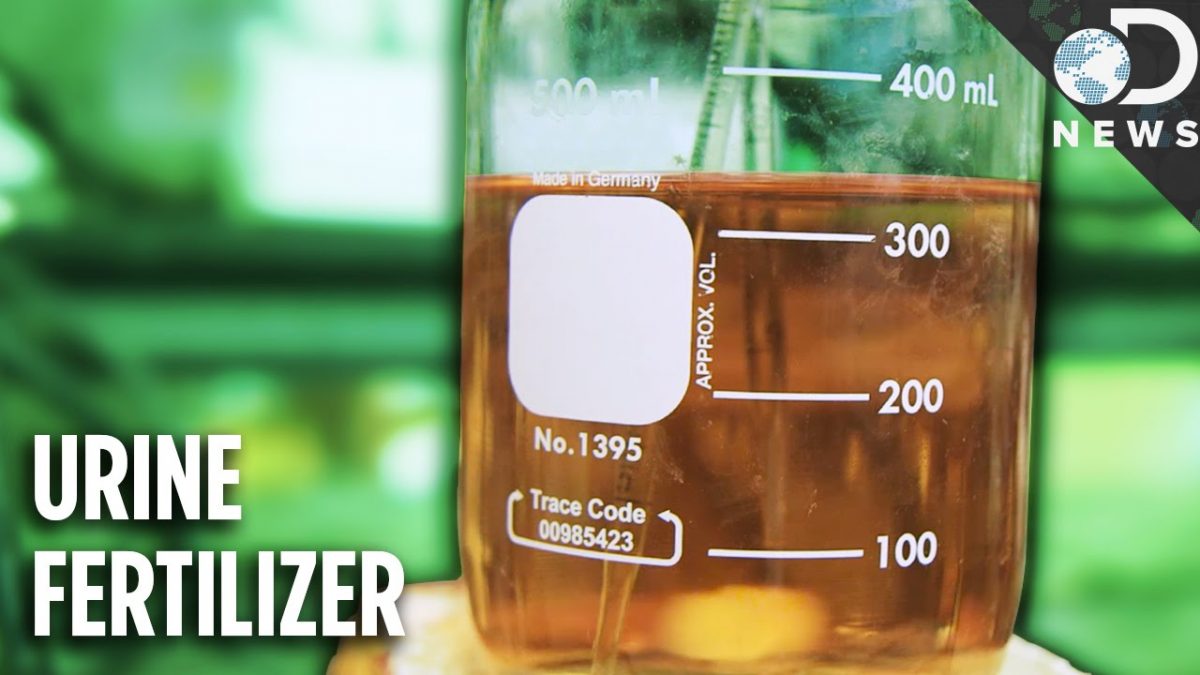Screening for blood diseases like Malaria is typically done in a lab by a pathologist. But for many people in developing countries, going to a doctor for a blood test is nearly impossible.
With support from the Blum Center, the Fletcher Lab is building a solution to this problem. Matt Bakalar, a Bioengineering PhD student on the team, spoke with the Seeker Network’s Laura Ling about Cellscope. The Cellscope converts a cell phone camera into a handheld microscope, which can detect parasites in the blood in just 30 seconds. This means patients can be quickly diagnosed on site and give treatment right away.
Special thanks to our partners at Seeker. Seeker features adventurers, explorers, and storytellers who take a deep look at some of the most unique and provocative stories, designed to expand our perspective and build our awareness of the world. Through the lens of world, science and exploration, Seeker’s award-winning journalism team covers current events and global issues through daily programming and field documentaries.


